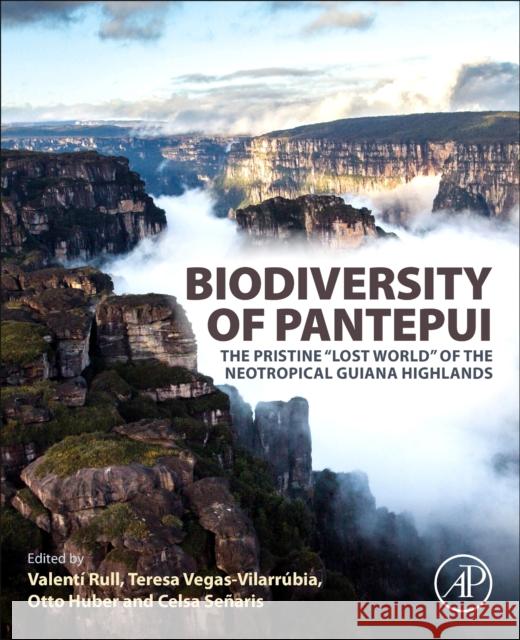Biodiversity of Pantepui: The Pristine Lost World of the Neotropical Guiana Highlands » książka
topmenu
Biodiversity of Pantepui: The Pristine Lost World of the Neotropical Guiana Highlands
ISBN-13: 9780128155912 / Angielski / Miękka / 2019 / 470 str.
Biodiversity of Pantepui: The Pristine Lost World of the Neotropical Guiana Highlands
ISBN-13: 9780128155912 / Angielski / Miękka / 2019 / 470 str.
cena 455,65
(netto: 433,95 VAT: 5%)
Najniższa cena z 30 dni: 453,78
(netto: 433,95 VAT: 5%)
Najniższa cena z 30 dni: 453,78
Termin realizacji zamówienia:
ok. 30 dni roboczych
Bez gwarancji dostawy przed świętami
ok. 30 dni roboczych
Bez gwarancji dostawy przed świętami
Darmowa dostawa!
Kategorie:
Kategorie BISAC:
Wydawca:
Academic Press
Język:
Angielski
ISBN-13:
9780128155912
Rok wydania:
2019
Ilość stron:
470
Waga:
0.95 kg
Wymiary:
23.37 x 19.05 x 2.54
Oprawa:
Miękka
Wolumenów:
01











